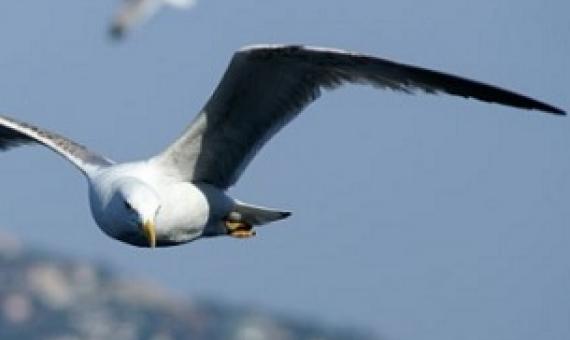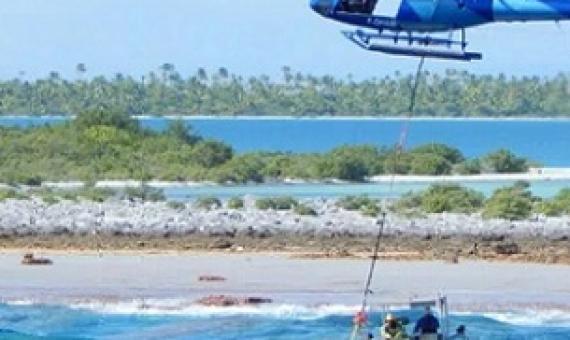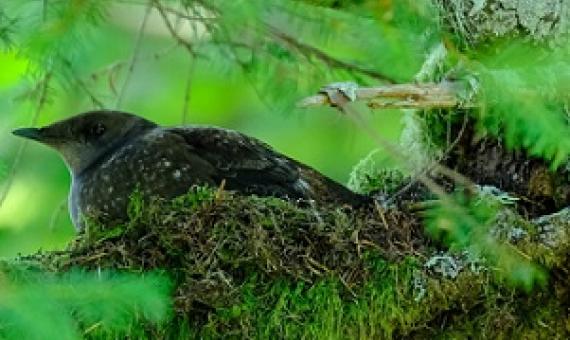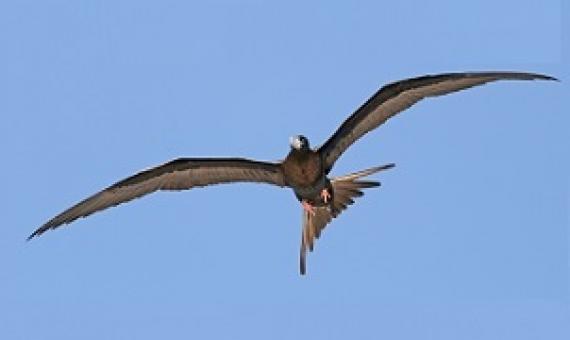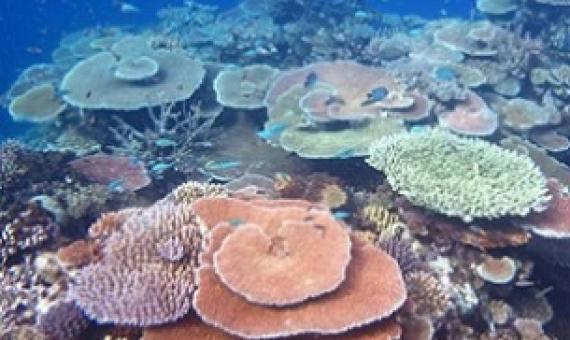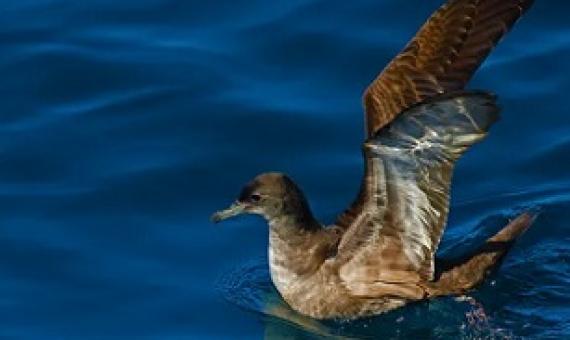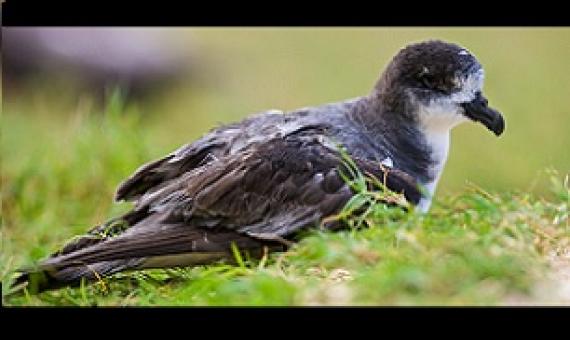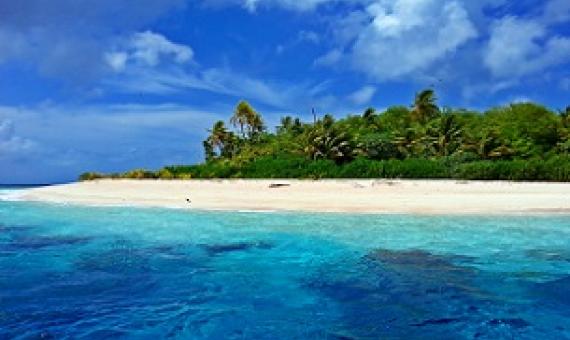Tuvalu national biodiversity strategy and action plan: fifth national report to the convention on biological diversity.
The isolated, small, low-lying resource-poor atolls of Tuvalu are clearly on the frontline against climate change, the escalating impacts natural disasters and declining food, health and energy security.Available onlineCall Number: [EL]Physical Description: 101 p

